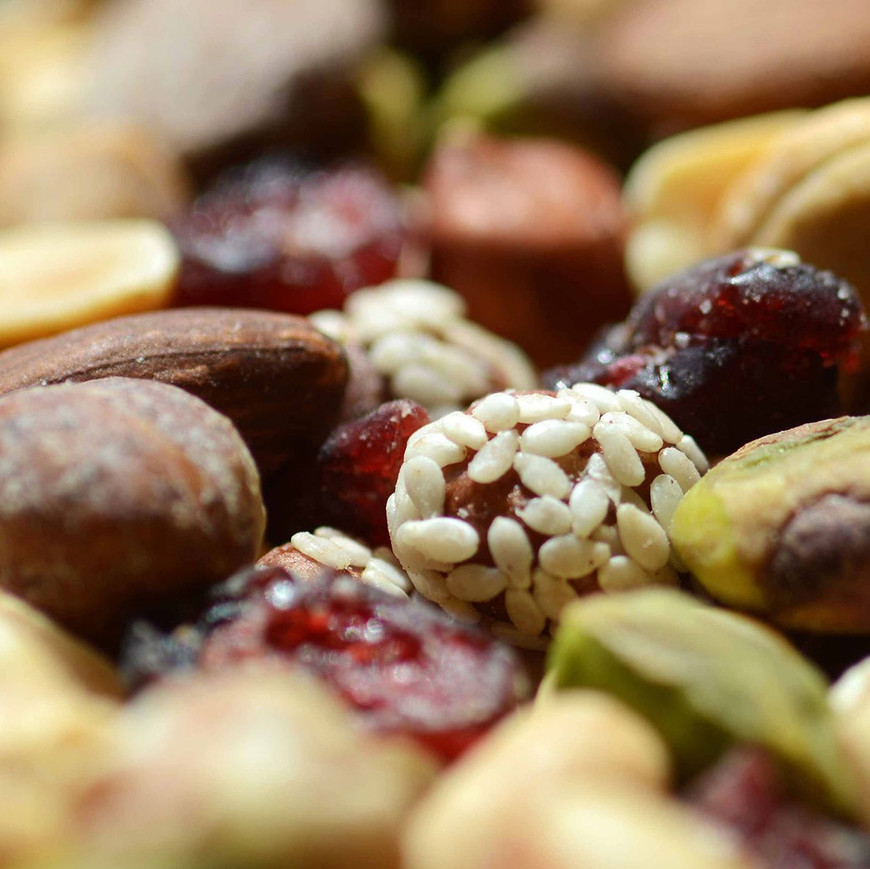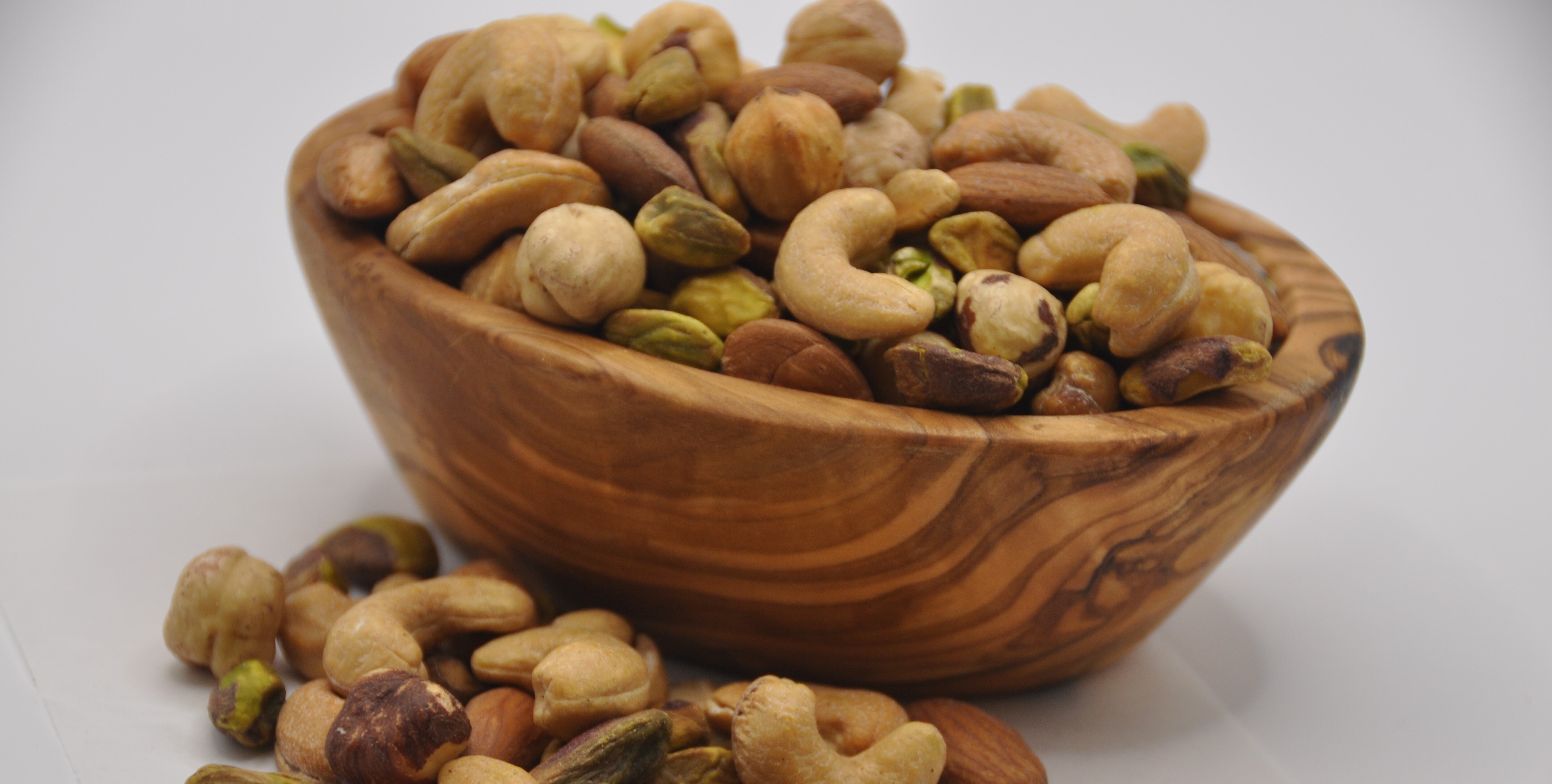
MIXEDNUTS on Oct 20th 2023
From Raw to Roasted: The Ultimate Nut Comparison
The age-old debate among nut enthusiasts has always centered around whether to consume nuts in their raw form or after roasting. Both raw and roasted nuts have their unique benefits and distinct flavors. Let's delve deep into the benefits and drawbacks of each to help you make an informed choice.
The Nutritional Lowdown
Raw nuts are those that haven't been exposed to high temperatures. As a result, they retain all their natural enzymes, vitamins, and minerals. Roasted nuts, on the other hand, undergo a cooking process which might result in a slight reduction of certain heat-sensitive nutrients. However, this doesn't mean roasted nuts aren't nutritious; they still pack a hefty nutritional punch.
Flavor and Crunch
One of the main reasons people prefer roasted nuts is because of their enhanced flavor and crunchy texture. The roasting process gives nuts a deeper, more pronounced flavor profile compared to their raw counterparts. Raw nuts have a softer texture and a more subtle, earthy taste.

Raw Nuts: Pros and Cons
Raw nuts are a direct gift from nature, consumed in their most natural state. They are rich in enzymes, which aid in digestion and nutrient absorption. However, raw nuts may contain phytic acid, which can inhibit mineral absorption in the body.
Benefits of Raw Nuts:
- Rich in enzymes aiding digestion
- Contain all natural nutrients without degradation
- Have a fresh, earthy taste
Drawbacks of Raw Nuts:
- Contain phytic acid which might inhibit mineral absorption
- Softer texture might not appeal to everyone
Roasted Nuts: Pros and Cons
Roasted nuts are heated either through dry roasting or oil roasting. While dry roasting might retain more nutrients, oil roasting can add extra calories and fats to the nuts. However, roasting can also break down the phytic acid present in raw nuts.
Benefits of Roasted Nuts:
- Enhanced flavor and crunchy texture
- Lower phytic acid levels improving mineral absorption
- Can be seasoned for varied taste profiles
Drawbacks of Roasted Nuts:
- Possible loss of some heat-sensitive nutrients
- Oil-roasted variants can add extra calories and fats
Digestibility and Shelf Life
Raw nuts, because of their enzyme content, can be easier to digest for some people. However, the presence of phytic acid can offset this benefit. Roasted nuts, with their reduced phytic acid content, might be better in terms of mineral absorption. In terms of shelf life, roasted nuts, especially those roasted with salt, can have a longer shelf life compared to raw nuts which can go rancid more quickly.
Conclusion
Whether you prefer raw or roasted nuts largely comes down to personal preference. If you're after the full natural nutrient profile and enzymes, raw nuts are the way to go. However, if you crave a crunchy snack with a richer flavor, roasted nuts might be your best bet. Regardless of your choice, incorporating nuts into your diet is a step towards a healthier lifestyle.

